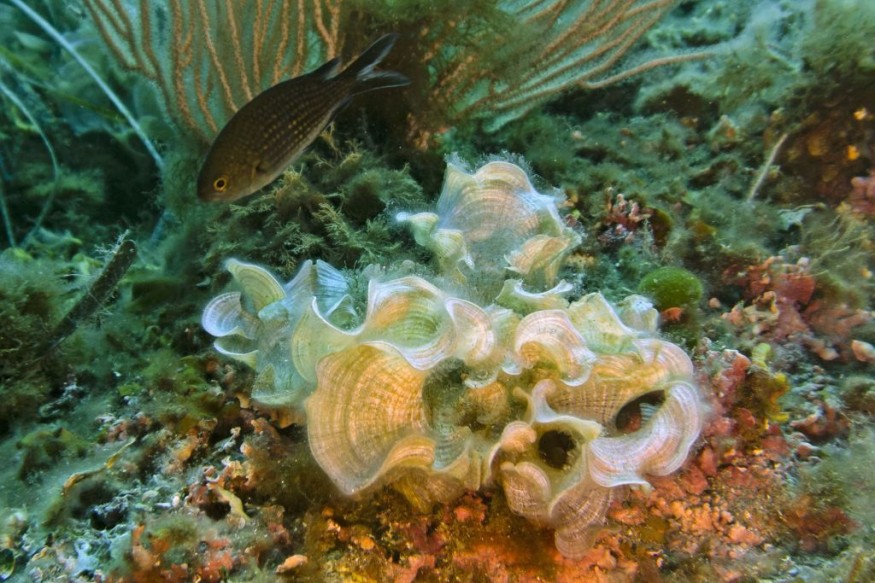
How else would researchers strengthen the adaptive capacity of the coastal and marine environment on the globe, which are under threat from a variety of pressures, which would include huge decolorization episodes connected to greenhouse gas emissions?
Algae-Eating Fish
Several other academics, funding agencies, as well as environmentalists propose restoring urban areas of algae-eating sea creatures like parrotfish.
In accordance with this theory, which itself is documented as fish-mediated adaptive capacity, trying to safeguard the fish that regulate algae in overall positive effect to healthy and balanced aquatic plants and therefore can aid the rehabilitation of troubled reefs, as per Journal Break.
However, truly innovative research that looked at long-term relevant information from 57 coral reefs on the French Polynesian inland sea of Mo'orea calls this marine reef ecological canon into question.
To help stop algae abnormal growth as well as aquatic damage, supporters of fish-mediated marine conservation adaptive capacity have called for restrictive measures on bycatch for algae-eating reef fish.
A wide range of descriptive statistics were performed on coastal marine information recorded throughout 2006 as well as 2017 by two long-term surveillance initiatives: the Mo'orea Coral Reef Ecosystem LTER and the Centre de Recherches Insulaires et Observatoire de l'Environnement.
Mo'orea coral reefs were extensively damaged by two major interferences mostly throughout in the 2006-17 data-collection period included in the research project: an epidemic of the coral-eating crown-of-thorns starfish as well as a lightning strike from Cyclone Oli in winter 2010.
Most of the other oldest uninterrupted observational data of fishery resources as noted frfom Newsbreak, as well as algae development on coastal ecosystems may be found in the Mo'orea coastal ecosystems records.
Unscrupulous life forms, agricultural runoff, anaerobic fermentation of the oceans, biodiversity loss, sedimentation, as well as marine whitening, which is triggered by persistent, warmer-than-average sea ground conditions, are all threats to coastal ecosystems.
Coral Reef Sustainability
According to the investigators, it seems to be more rationale to sustain policies that encourage the protection of multiple ecosystems and coral reef species at differing levels of deterioration.
Moreover, as claim by University of Michigan maritime biologist as well as research co-senior writer Jacob Allgeier, the research project, set for academic journal Oct. 3 in the journal Nature Ecology & Evolution, presents convincing additional facts that fish do not control sea life through history.
Young adults have still been arguing for the last few years so that humanity can be able to safeguard aquatic plants though the aquaculture stewardship, as well as the research project on Mo'orea reefs indicates that this is improbable to succeed are a plethora of other activities happening upon.
In keeping with the authors of the new study, expert stated that of that kind well-intentioned but mistaken long term performance might have major ramifications for the millions of community members who rely on coral-reef fisheries for money as well as sustenance, the ScienceX posted.
While in his statement Allgeier, an adjunct lecturer in the University of Michigan's Department of Ecology and Evolutionary Biology remarked that this work potentially drastically revolutionizes how humans conceive regarding coastal marine wildlife management.
Researchers definitely really have to regulate fishing industry in these environments, but rather of implementing measures like sweeping freshwater fish limits, researchers must examine administration activities that encourage financially viable collection all through the nutrition supply chain to scatter the consequences of fish stocks.
Related article: New Research Shows How Coral Algae help the Environment
© 2025 NatureWorldNews.com All rights reserved. Do not reproduce without permission.





